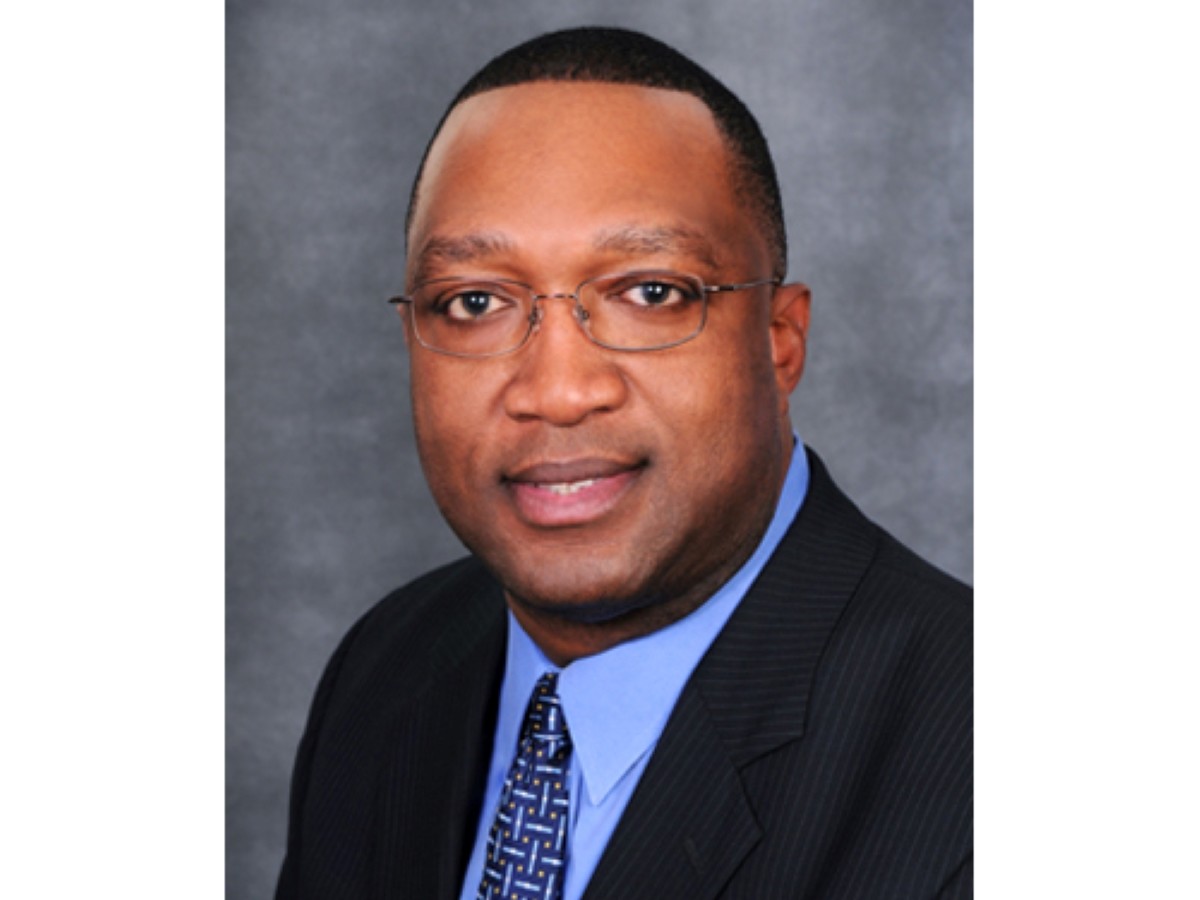Dr. Shaun L. McKay has worked extensively in higher education for several years and has successfully dealt with some of the biggest challenges faced by institutions today. His leadership inspired the changes of not just the schools themselves but the students, faculty, and even the surrounding community. One of the most significant issues he has worked to find solutions for is the lack of college preparation among incoming freshman college classes.
Identifying The Problem
The lack of college readiness among incoming students is a serious and pervasive problem in American higher education today. The Hechinger Report did an investigation of 2 and 4-year colleges in the United States and found that more than half a million students were enrolled with the awareness that they were not prepared to do college-level work, with 96% of the colleges surveyed revealing they knowingly admitted students who were not college-ready.
To make up for those deficiencies, colleges placed students in remedial math and English classes so that they would be able to be successful in credit-bearing college courses. Those efforts come at a high cost, both in time and money, and many students never complete their remedial classes. At the cost of an estimated $7 billion, that problem is shared among adults returning to school after a break from education and young adults coming directly from high school.
What Makes A Student Ready For College?
According to ASCD, there are steps that high schools can take to strengthen the skills that will help their students succeed when they decide to pursue higher education. The four main areas are:
Learning Cognitive Strategies
Unlike most high school classes, college programs require students to think about what they learn, analyze, and evaluate the material presented. Instead of simply memorizing and then replicating the material during exams, students must show that they have processed the information and can logically and analytically place that information into perspective.
Content Knowledge
While there are various opinions about what students should be studying, for instance, there are still certain key concepts, ideas, and knowledge that they need to possess in order to start at the college level in multiple subject fields. When surveyed, colleges had surprisingly similar standards in this area.
Self-Motivation and Self-Management
Another significant difference between high school and college is that in high school, the teachers micromanage the experience, monitoring success often on a day-to-day basis. In college, students are typically given a syllabus explaining the course expectations, and they are expected to meet all the deadlines and be prepared for tests. Students who wait until the last minute to meet a deadline will struggle, but many students have no experience managing their own education.
Understanding Higher Education Itself
Many students and families have no idea what higher education is like, what the expectations are, or how to navigate the college process. From choosing a college to filling out forms, this is an all-new experience for many, and a single missed deadline could spell disaster for that academic year.
Shaun L. McKay Met These Problems Head-On
One of Dr. Shaun L. McKay’s most valuable strengths is his ability to see the big picture. When working in higher education, he can identify problems and seek solutions without the need to find blame. Creating solutions benefits everyone and can lead to more reliable and long-lasting success. To solve the lack of college readiness, Dr. Shaun L. McKay took a multi-pronged approach and included the high schools in the solution.
High School Relationships with Colleges
Instead of criticizing the high schools, Dr. Shaun L. McKay fostered relationships between his institution and the schools, providing an open door so that people could recognize he was addressing their concerns.
Early Remediation
Instead of waiting until university and forcing students to miss part of their college experience while catching up, he helped coordinate programs where students could do college preparation classes while still in high school.
Early College Classes
What better way to be prepared for college than actually getting an understanding of it while in high school? Dr. Shaun L. McKay expanded not just partnerships with other colleges to transfer classes but also with high schools so that students could earn dual credit while still in high school, giving them an early feeling of progress.
The lack of college readiness is a pervasive problem that won’t be solved overnight, but with leaders like Dr. Shaun L. McKay, students can start to experience the success they need to be prepared for college and for their professional careers.


